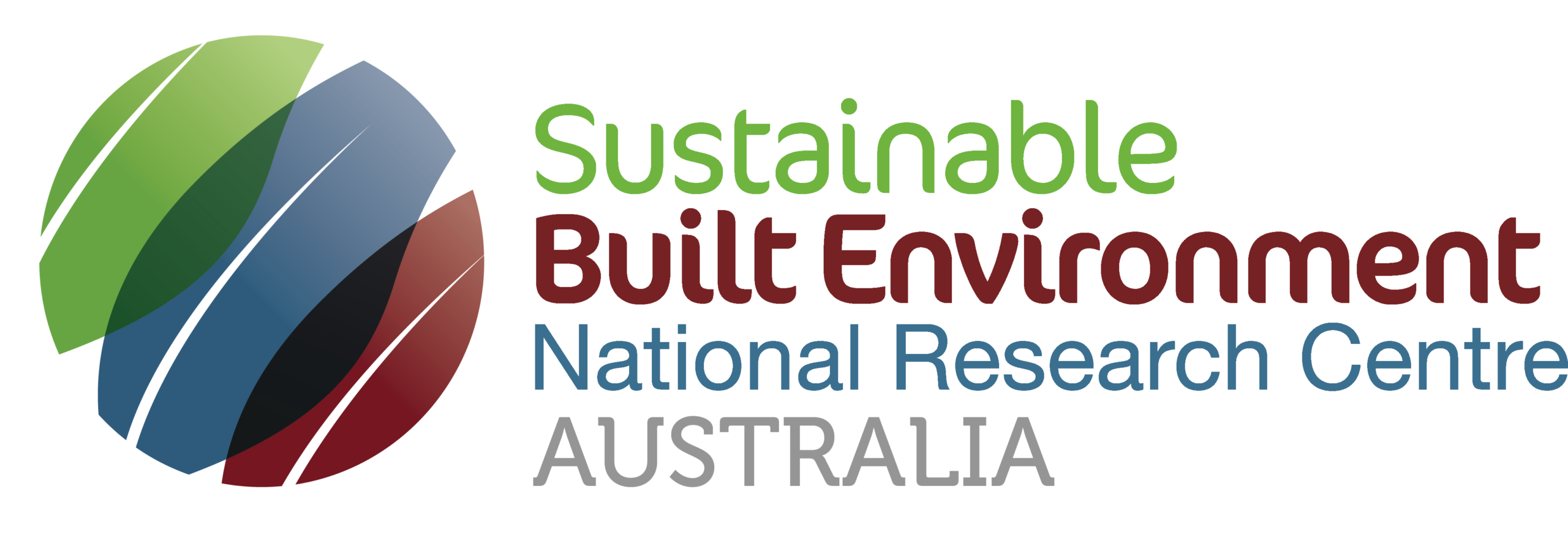
1.43 Retrofitting Public Buildings for Energy and Water Efficiency

Project Number
1.43Round
Round 4Date
1 October 2015 - 31 March 2017Research Team

Chair, Project Steering Group
Chris Buntine
Environmental Systems Design Leader, Aurecon

Chief Investigator
Professor Patrick X W Zou
BE (Civil), PhD
Project Leader, Swinburne University
pwzou@swin.edu.au
Documents for Downloading
Academic Publications
Alam, M., Zou, P.X.W., Sanjayan, J., Stewart, R.A., Sahin, O., Bertone, E., and Wilson, J., Guidelines for Building Energy and Water Efficiency Retrofitting, IPWEA 2016 Sustainability in Public Work Conference, 24-26 August 2016, Melbourne, Australia.
Bertone, E., Sahin, O., Stewart, R.A., Zou, P.X.W., Alam, M., and Blair, E., State-of-the-art review revealing a roadmap for public building water and energy efficiency retrofit projects, International Journal of Sustainable Built Environment (December 2016), 5(2) p. 526-548.
Zou, P.X.W., Alam, M., Phung, V.M., Wagle, D., Stewart, R.A., Bertone, E., Sahin, O., and Buntine, C., Achieving energy efficiency in government buildings through mandatory policy and program enforcement. Frontiers of Engineering Management, 2017 4(1) p. 92-103
Bertone, E; Sahin, O; Stewart, R; Zou, P; Alam, M; Hampson, K; Blair, E, “Role of Financial Mechanisms for Accelerating the Rate of Water and Energy Efficiency Retrofits in Australian Public Buildings: Hybrid Bayesian Network and System Dynamics Modelling Approach“, Applied Energy, Elsevier
Bertone, E; Sahin, O; Stewart, R; Sahin, O; Alam, M; Zou, Patrick X.W.; Buntine, Chris; Marshall, C “Barriers and strategies for energy and water retrofits of public buildings” Journal of Cleaner Production Guidelines.
Alam, M.; Zou, P.X.W.; Stewart, R.A.; Bertone, E.; Sahin, O.; Buntine, Chris; Marshall, Carolyn, Government championed strategies to overcome the barriers to public building energy efficiency retrofit projects, Sustainable Cities and Society, Sept 2018 (3Mb, Oct 2018)
Presentations
Retrofitting Public Building for Energy and Water efficiency: Guidelines, Financing and Risks, International Conference on Innovative Production and Construction (IPC 2016), 29-30 September 2016, Perth, Australia
Managing Risks in Complex Building Retrofitting Projects for Energy and Water Efficiency, International Conference on Innovative Production and Construction (IPC 2016), 29-30 September 2016, Perth, Australia
Retrofitting Public Buildings for Energy and Water Efficiency, presented at seminar jointly organised by Department of Civil Engineering and Centre for Innovation in Construction and Infrastructure Development, Hong Kong University, 25 May 2017, Hong Kong
Governments occupy over 25% of Australia’s commercial building stock and collectively spend over $1 billion annually on energy and water utilities associated with their buildings, with the Commonwealth alone spending $450 million per annum. Given that best-practice examples have shown that substantial energy and water savings are achievable in buildings, there is a significant opportunity to reduce the annual operating costs of Australian public buildings across all levels of government (i.e. local, state and Commonwealth governments). Moreover, government will be able to meet or exceed established environmental performance targets through implementing sensible energy and water efficiency retrofit building projects.
The overall aim of this project is to develop a best-practice guidebook on energy and water efficiency auditing and retrofitting of existing public building stock.
Objectives
This project will engage with key stakeholders, including government departments, consultants and contractors, as well as facility management firms, to derive a novel framework for accelerating the current rate of public building water and energy retrofit projects, thereby saving water, energy and money. This bold goal will be achieved by developing evidence-based guidelines to conduct such programs, formulating a financial framework and instruments for encouraging public building custodians to engage the private sector to retrofit their buildings, and promoting this new dynamic industry through knowledge creation and skill capacity building.
Industry Outcomes
The proposed framework will facilitate benefits and changes of practice at various levels of government, as well as in the private building sector, including:
- reduced environmental impact of government buildings (e.g. lower emissions, less water wastage, more recycling)
- better trained government officers in energy and water efficiency planning and procurement
- creation or development of service companies that can complete energy and water retrofits of public buildings
- better guidelines, toolkits and procurement models for auditing and retrofitting public buildings’ energy and water operations
- innovative procurement models that reduce the up-front capital cost and lower the total cost of proposed energy and water efficiency retrofit projects
Outcomes Achieved to date
- Financing Mechanism
- Retrofitting Guidelines: a comprehensive retrofitting guideline framework has been developed. This new framework was developed based on review of current guidelines/frameworks available nationally and internationally, and consultation with project partners (eg PSG members) and other stakeholders. This guideline has been presented in the IPWEA 2016 “Sustainability in Public Work” Conference and a full length peer-reviewed paper “Guidelines for Building Energy and Water Efficiency Retrofitting” has been published in the conference proceedings. For more information please contact Prof Patrick Zou (pwzou@swin.edu.au) or Dr Morshed Alam (mmalam@swin.edu.au).
- Risk Assessment and Management Framework: A lifecycle risk management framework for building energy and water efficiency retrofitting projects has been developed. This framework is developed based on the ISO31000 (2009) Risk Management Principles and Guidelines and the characteristics of building retrofitting projects. This framework was presented in the 2016 Innovative Production and Construction (IPC) conference and a full length peer-reviewed paper is published in the conference proceedings. For more information, please contact Prof Patrick Zou (pwzou@swin.edu.au) or Dr Morshed Alam (mmalam@swin.edu.au).











